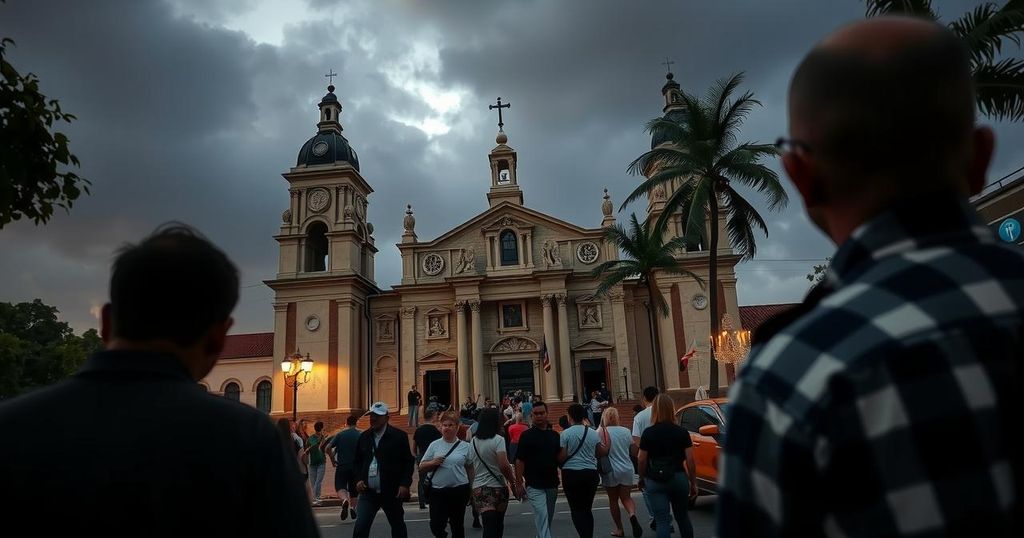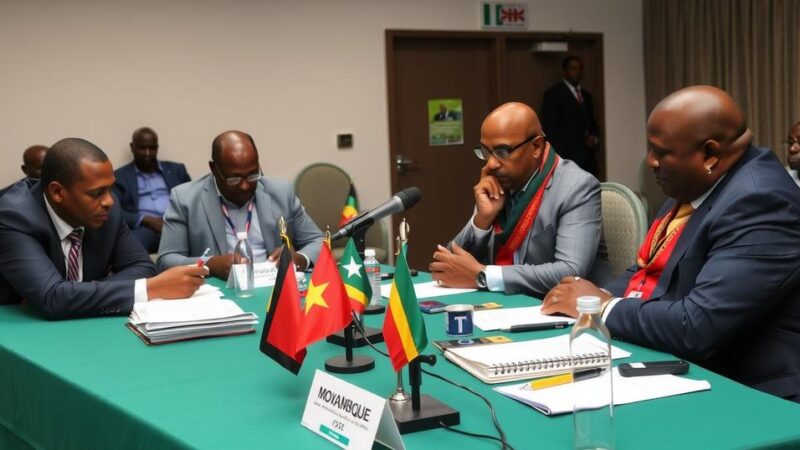The Nicaraguan government has enacted measures to close hundreds of nonprofits, heavily targeting religious organizations. This includes a mandate for religious entities to report income and pay taxes, viewed by critics as an attempt to financially suffocate the Church. The crackdown reflects ongoing governmental repression against entities perceived as opposition to the regime.
In a recent and significant move, the Nicaraguan government dismantled numerous nonprofit organizations and imposed new regulations on the financial operations of religious bodies, mainly targeting the Catholic Church. This decree, issued by President Daniel Ortega and Vice President Rosario Murillo, forced the closure of 1,500 civic organizations that allegedly failed to provide financial transparency. The crackdown has intensified pressure on churches viewed as supportive of opposition forces against the regime, resulting in escalating attacks and oppressive measures. Notable among the affected institutions are various Christian churches and Catholic groups, including the Diocese of Granada’s Caritas and the Madre del Divino Pastor congregation, which operates several schools. These schools are now under government control, igniting concerns among community members about the future of education in these institutions. The principal of one of the schools only learned of the closure while abroad, highlighting the suddenness of this governmental suppression. The Ortega regime has also revoked the legal status of 151 more civic organizations and mandated that all civic institutions work in collaboration with state entities. The newly announced tax legislation eliminates previous exemptions for religious entities, requiring them to account for all income and pay taxes of up to 30%. Critics argue that this decision is an overt attempt to financially constrain and manipulate religious bodies, undermining their capacity to function independently.
The Nicaraguan government, led by President Daniel Ortega and Vice President Rosario Murillo, has a track record of suppressing dissent and consolidating power through various means since Ortega’s return to the presidency in 2007. Over recent years, the regime has increasingly regarded churches, particularly the Catholic Church, as influential supporters of opposition efforts. The current wave of reforms comes alongside a broader trend of civil society repression, including the closure of thousands of NGOs since 2018, aiming to stifle independent voices.
In summary, the Nicaraguan government’s recent actions signify a profound effort to undermine the influence of the Catholic Church and other civic organizations. The imposed financial constraints and the closure of numerous nonprofits reflect a systematic approach to eliminate opposition and control religious institutions. By instituting these regulations, the Ortega administration appears to be pursuing a strategy to suppress differing ideologies and maintain its political grip on power.
Original Source: cruxnow.com







